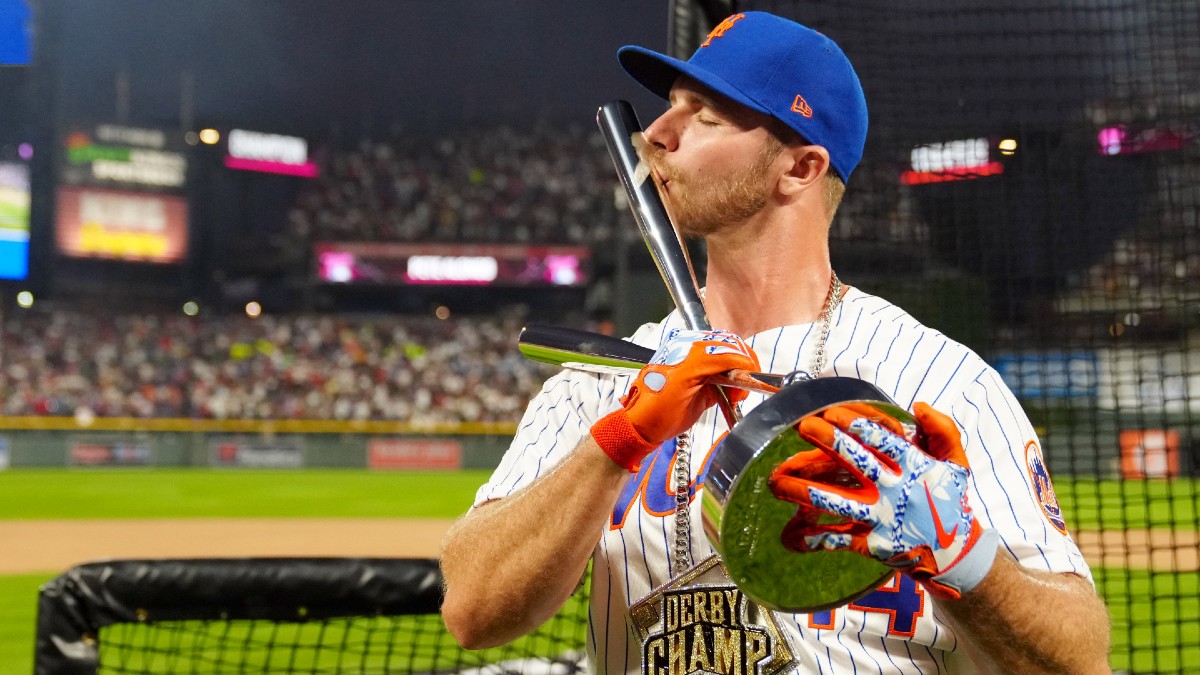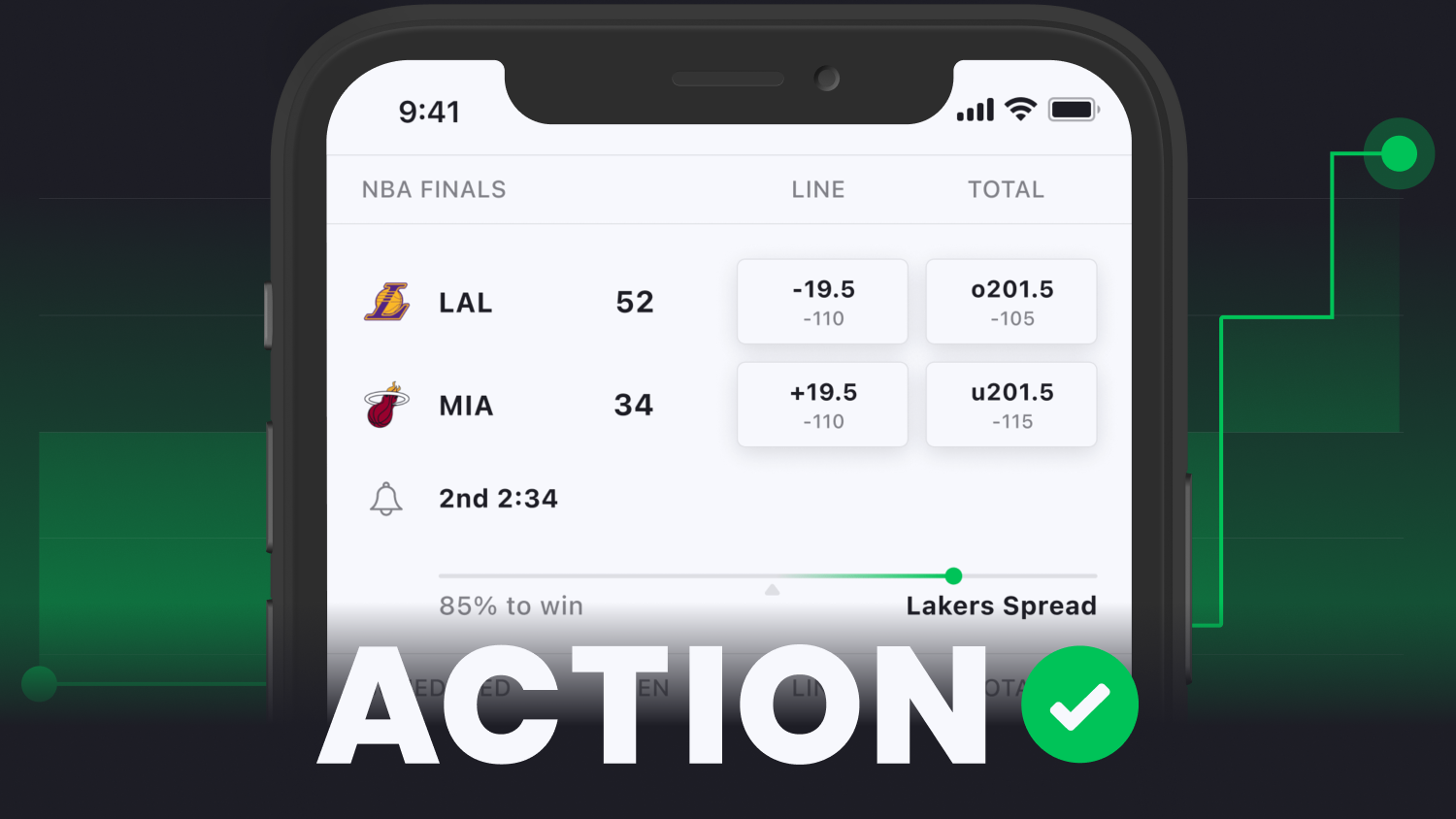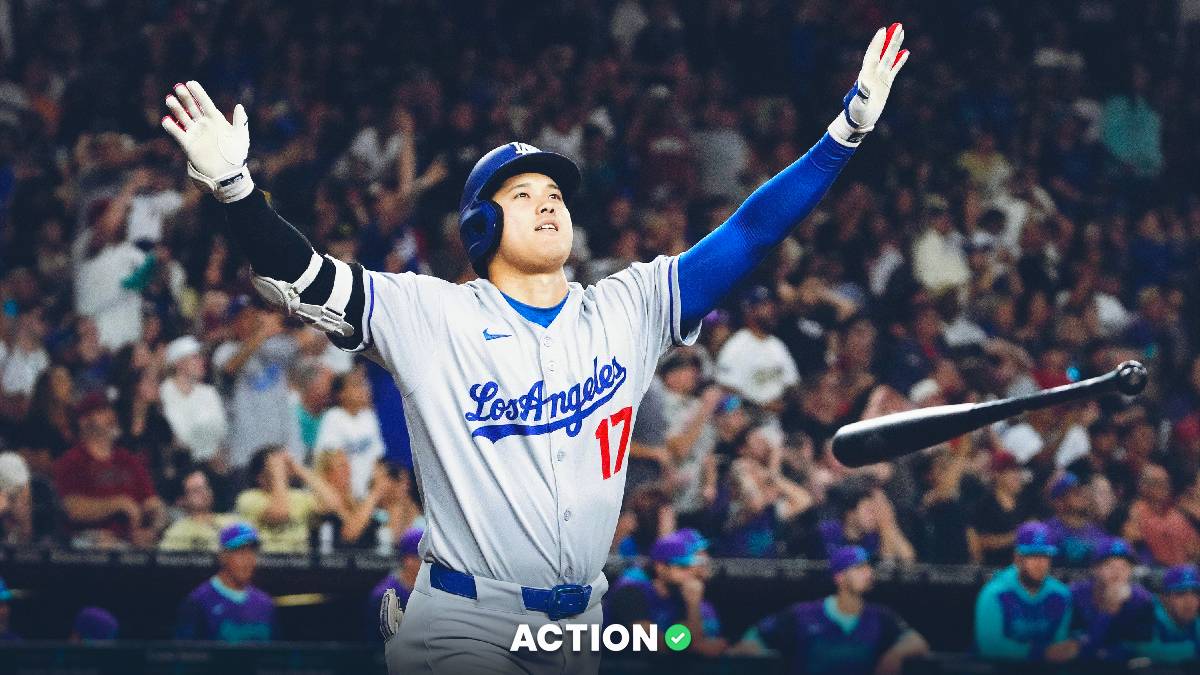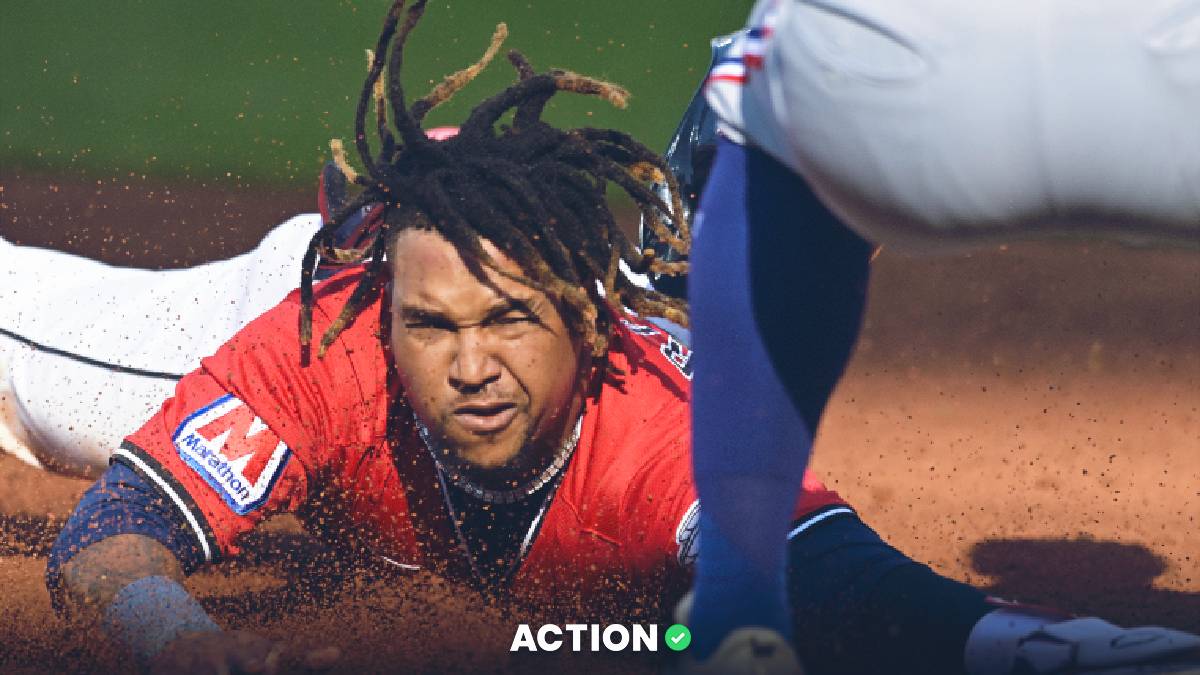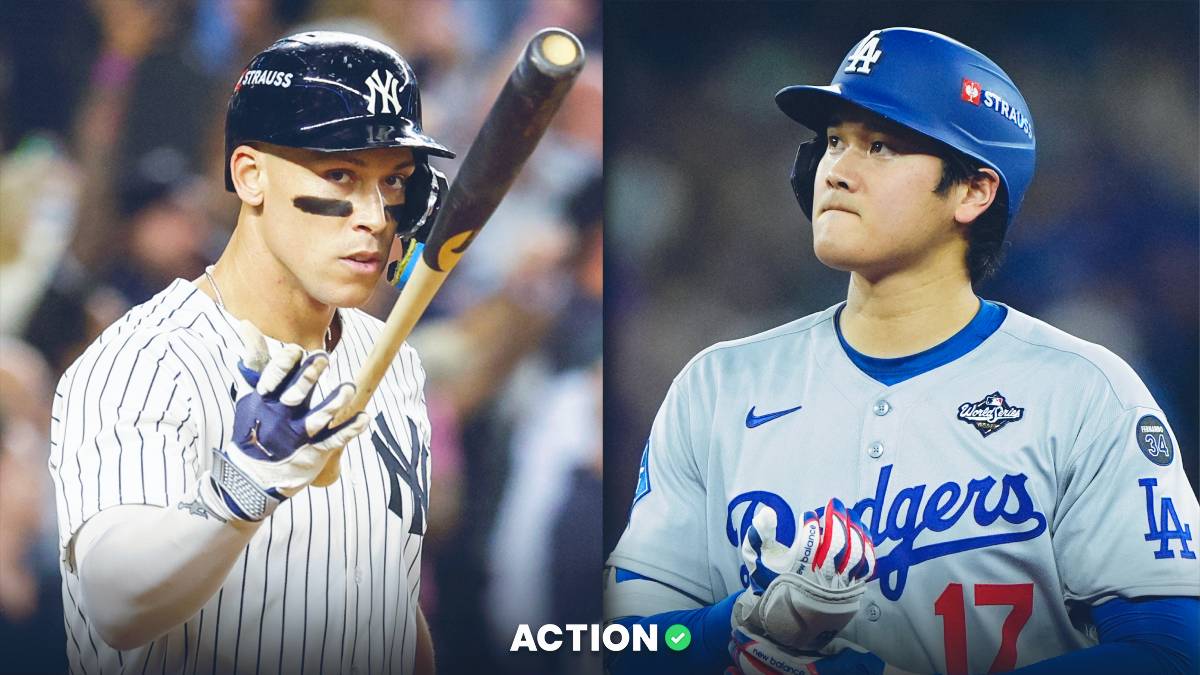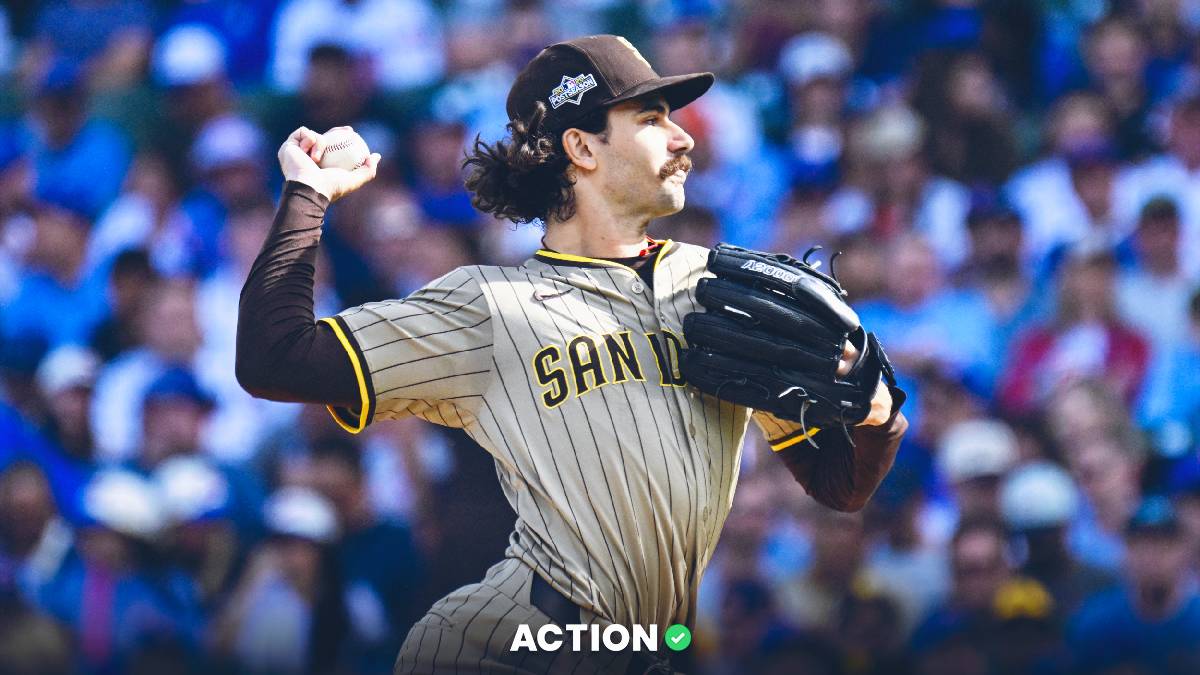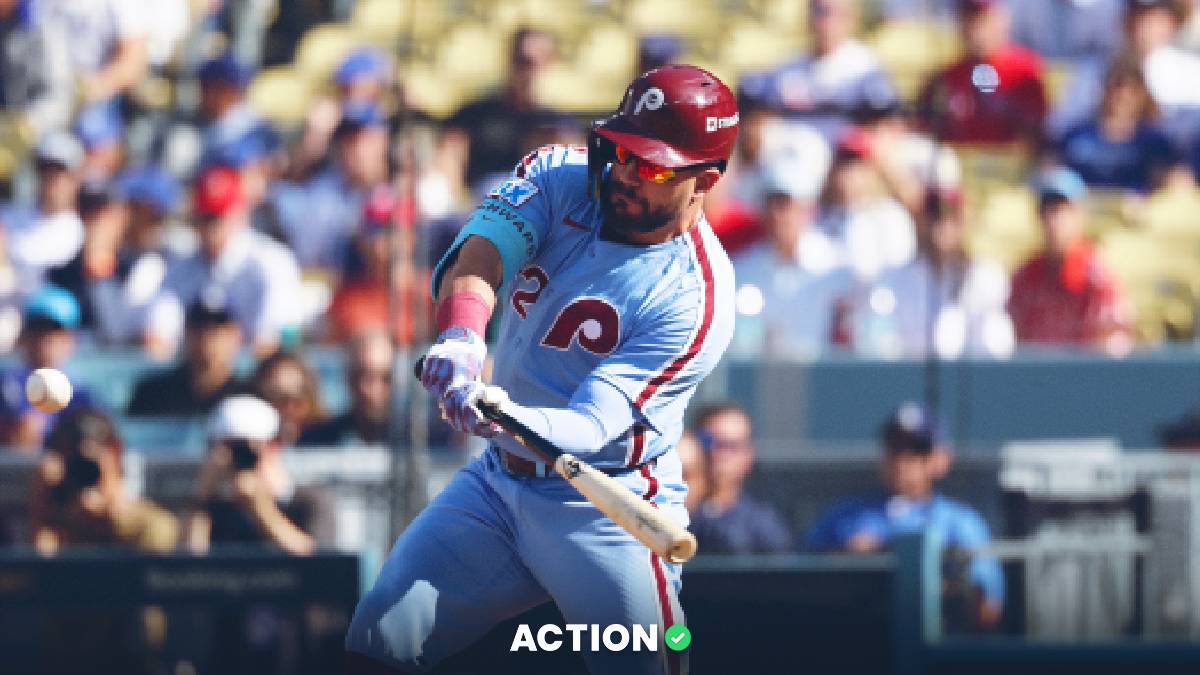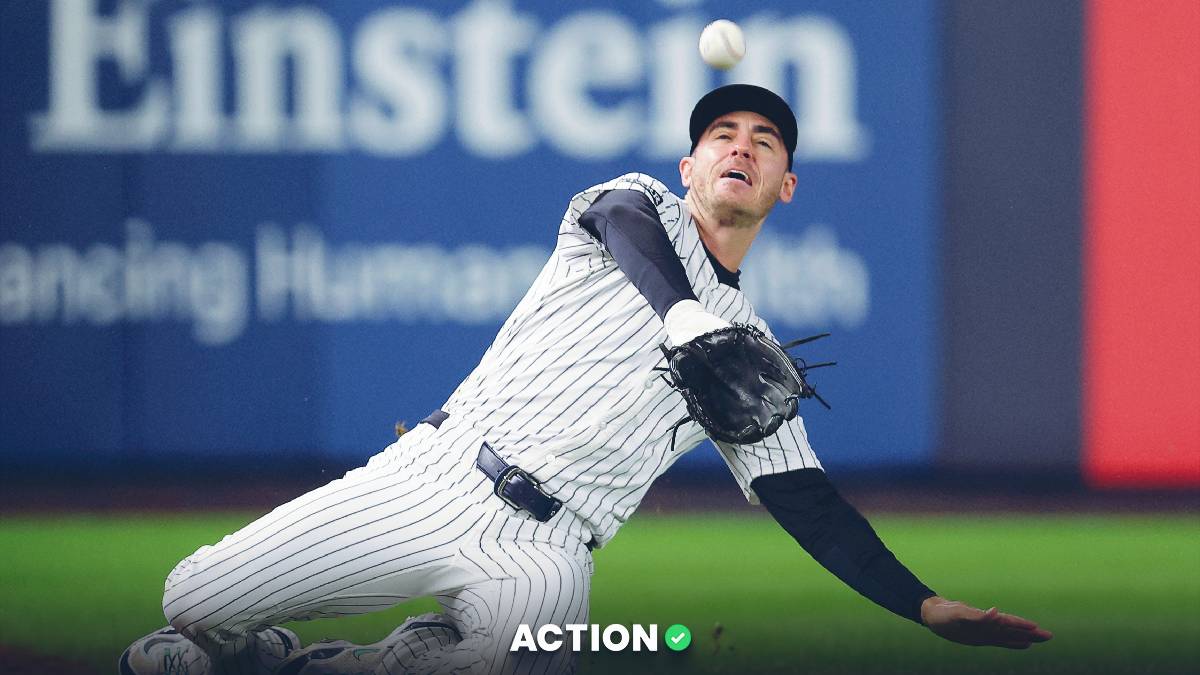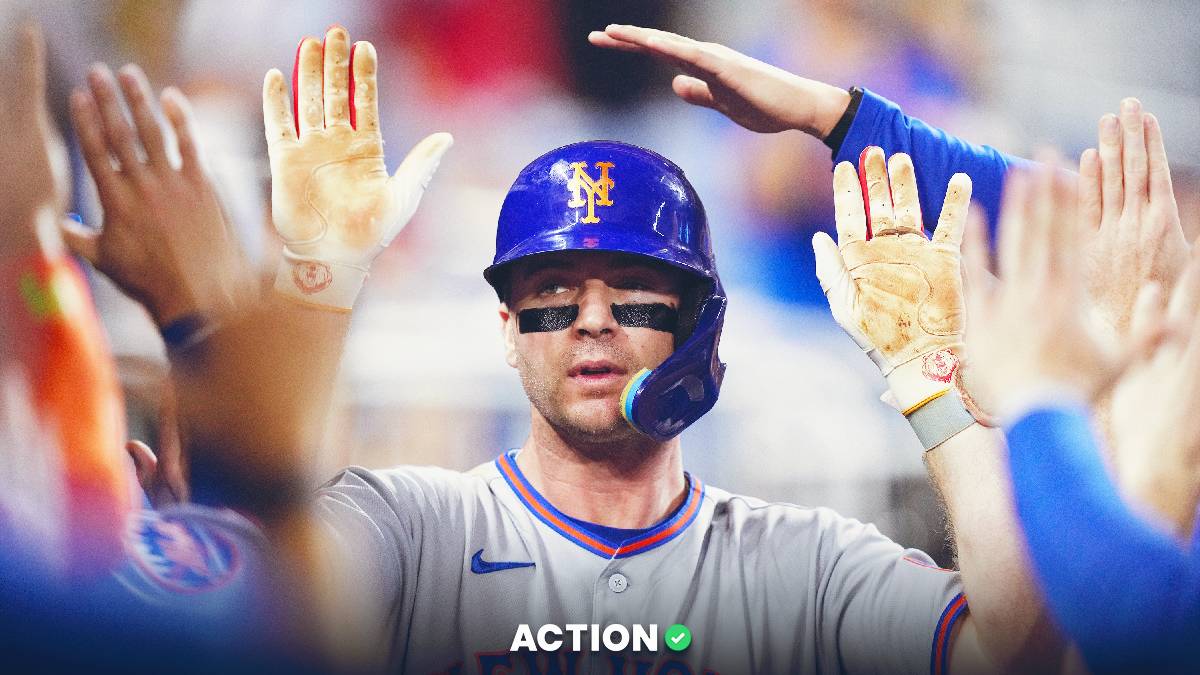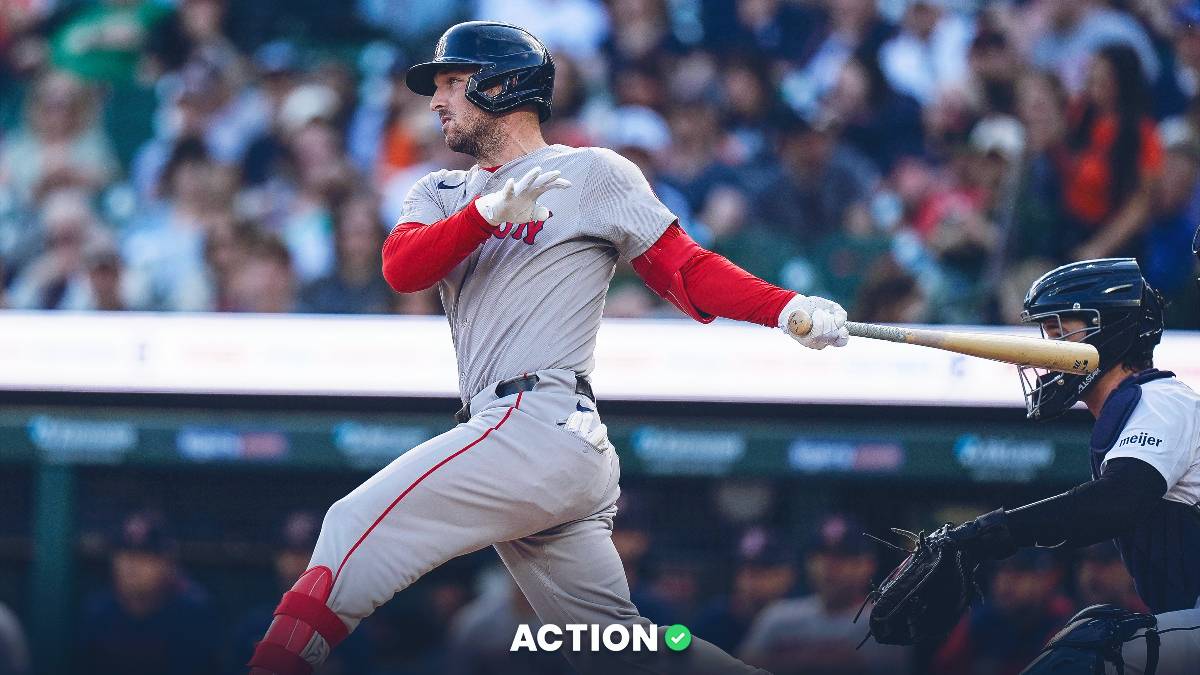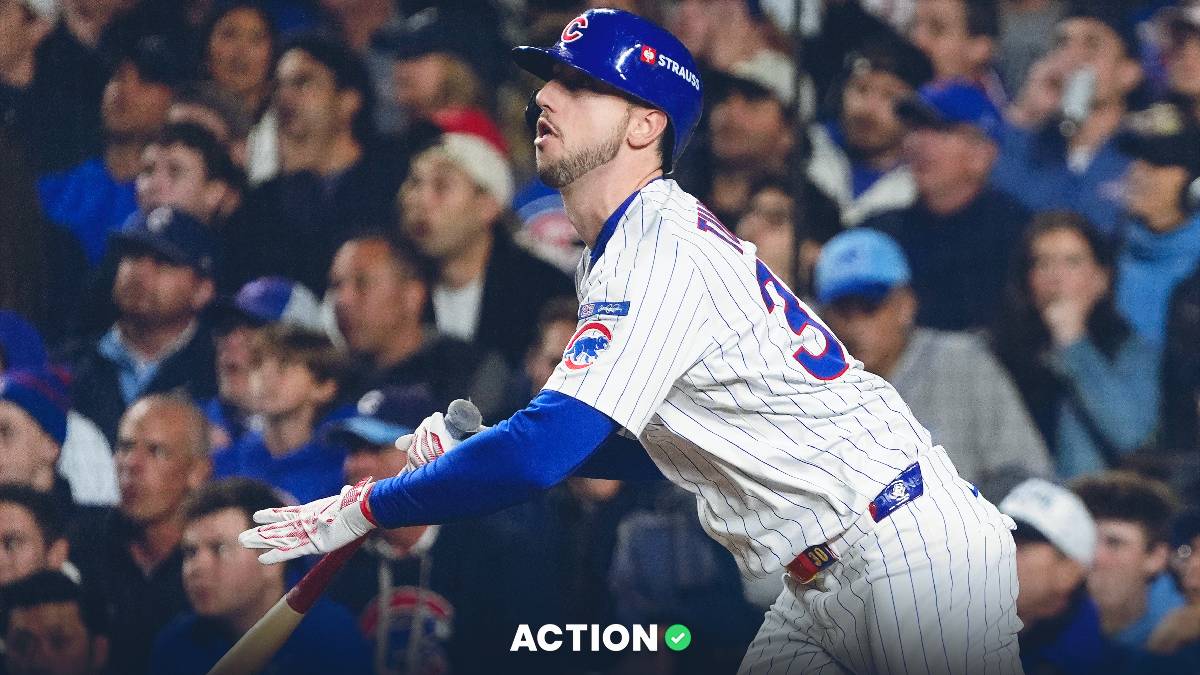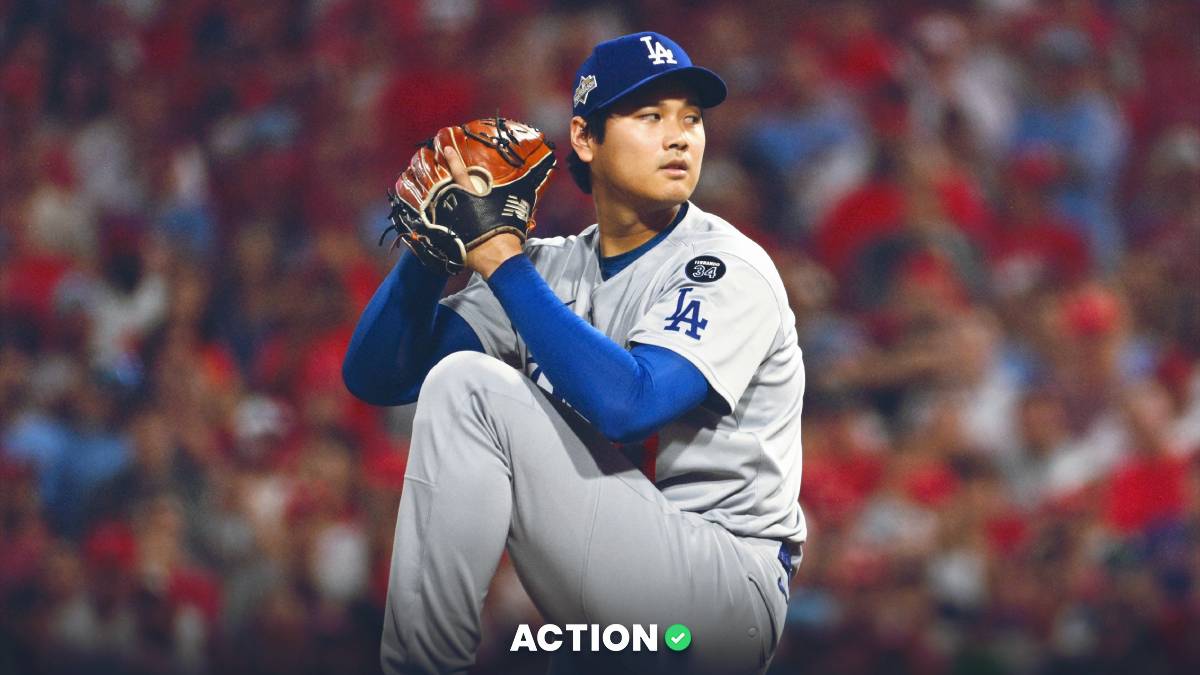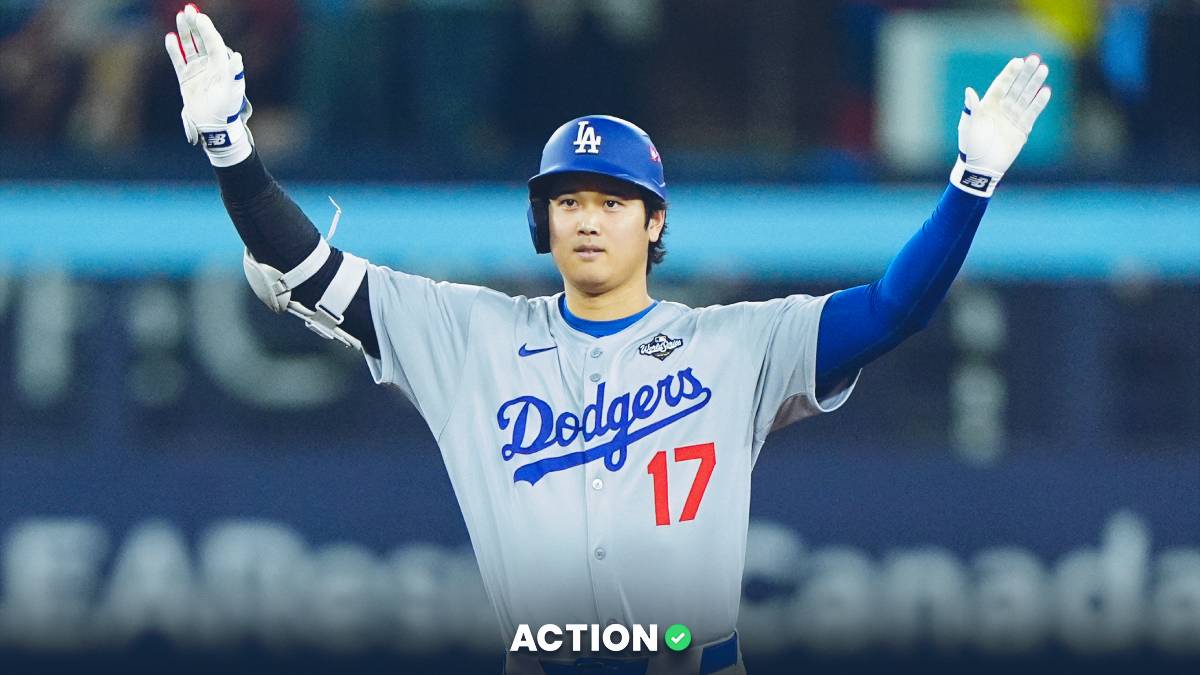After two years of leniency, Major League Baseball is positioned to get Monday’s Home Run Derby totals right.
Even though more money is typically bet on the Home Run Derby than on the All-Star Game itself, the last two Home Derbies have been marred by lazy timing errors and, seemingly, a general lack of care for accuracy.
It hasn’t been malicious, but rather under the guise of fun and games. Of course, everything changes when millions of MLB fan dollars are on the line.
Keep in mind that there's big money on the line for players, too. When Pete Alonso won the Derby in 2019, his base salary was $555,000. The Derby won him $1 million.
In recent years, balls thrown after the clock hit zero have been commonplace. Still, MLB let home runs hit off of those balls slide, adding extra dingers onto players' tabs. As a result, some hitters won when they shouldn't have.
Last year, Juan Soto won the competition — and the $1 million prize money — after launching a homer that shouldn't have counted. Before getting his extra minute in the final against Julio Rodriguez, Soto's last homer was launched after the buzzer sounded. ESPN's Eduardo Perez incorrectly said it was released — with no care for a replay — and the homer was tallied. Soto won it all by a score of 19-18.
In another incident from last year, Albert Pujols beat Kyle Schwarber when a homer Pujols hit after time expired was counted. ESPN also miscounted a homer that should have been tallied for Schwarber. Pujols won 13-12. Schwarber should have won 13-12.
Imagine being the bettor at Caesars who wagered $54,000 to net $15,000 that Schwarber would advance?
And yet another mistake from 2021 saw Trey Mancini advance on a last-second homer from a pitch that was released after the buzzer, eliminating Matt Olsen. That same contest, a Joey Gallo homer was taken off the board from a pitch after the buzzer, highlighting how inconsistent enforcement had been.
These foibles won't happen this year, a source told the Action Network.
A source familiar with this year’s set-up told the Action Network that the home plate umpire has now been guided to stop the pitch if the ball is not thrown by the time the clock hits zero. Another umpire on the field will have an extra eye on pitches thrown and home runs hit at the end of the round.
For additional protection, Major League Baseball will have an official in the booth and the Replay Operations Center when needed for close calls. And finally, bettors might notice that a player will not advance until there’s an agreed-upon official count.
Major League Baseball execs finally seem to understand that grading these markets as fair, balanced competitions is imperative — especially as the organization continues to reap millions in annual gambling revenue.


